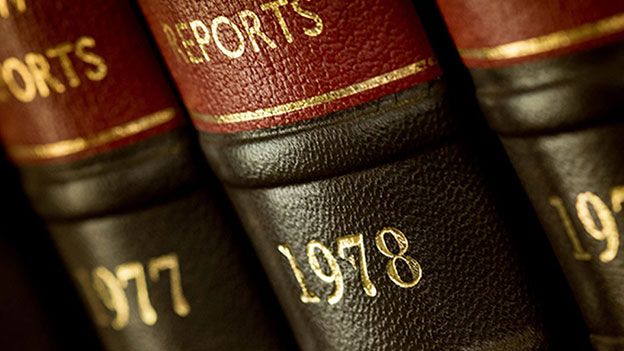Is Good Faith a contractual requirement?
Published on August 12, 2022
In the matter of Capitec vs. Coral Laaoon 2022 (1)SA 100 (SCA) the SCA considered the effect of the Appellant’s alleged breach of its contractual as well as its common law duty of good faith towards a party to a contract (Coral Lagoon). The argument was that the Appellant had failed to act in good faith and that since good faith is a duty that underpins the contract and arisen at common law, this failure should provide a basis for the Court to intervene.
The issue of good faith was comprehensibly dealt with by the Constitutional Court in Beadica 231 CC and Others vs. Trustees, Oreoon Trust and Others 2020 (5) SA 247 (CC). Beadica affirms the following:
- The principal that contracts freely and voluntarily entered into must be honoured remains central to the law of contract. This principle, often captured under the phrase freedom of contract, recognizes that persons, through voluntary exchange, may freely take responsibility for the promises they make and have their contracts
- At common law, infused with the values of the Constitution, there are principles expressed in the detailed doctrines that make up the law of contract, that determine how freedom of contract is exercised and contracts are
- One such doctrine concerns the enforcement of contract terms that offend against public policy. Both the scope of public policy and its application, to invalidate contractual terms, should be undertaken with circumspection, but without timidity, in upholding fundamental constitutional
- While good faith underlies the law of contract and informs its substantive rules, good faith and fairness are not substantive, free-standing principles to which direct resources may be had so as to interfere with contractual bargains or decline to enforce contracts (para 63).
The Court also made the following comments when considering the role of good faith:
- Good faith is one of a number of principles that inform the substantive rules that make up the law of Good faith is not an abstract, self-standing duty that may be imposed upon a party as a matter of the law of contract (para 65).
- Good faith is a value that may figure in a court’s consideration of what public policy demands, when a Court is asked to consider whether the terms of a contract offend against public That is a supervisory power the courts enjoy under the law of contract to ensure that the freedom of contract is not used as a private mechanism that vacates fundamental values.
- To act in good faith is a norm of trust that informs many rules of the law of It is also a norm that may .be relevant as to how we interpret what the parties agreed. It is not a norm that can be utilized to decide what the parties should be taken to have agreed and how they should act. in the interests of justice and fairness.
- The alleged absence of good faith cannot assist to establish a substantive requirement of In other words, a party’s failure to act in good faith cannot establish consent. If a party undertook a duty of good faith, what was the content of that duty? It could never entail that consent was required to a specific clause. And, if consent had not required them the other party could hardly be in breach of a duty to give consent (para 69).
The answer to the question is therefore that although good faith underlines the law of contract and informs its substantive rules, good faith and fairness are not substantive, free-standing principles in our law of contract.

C.M. Weiss
Practicing Consultant


